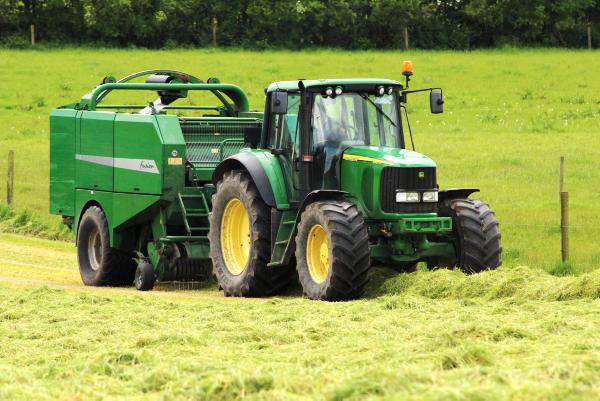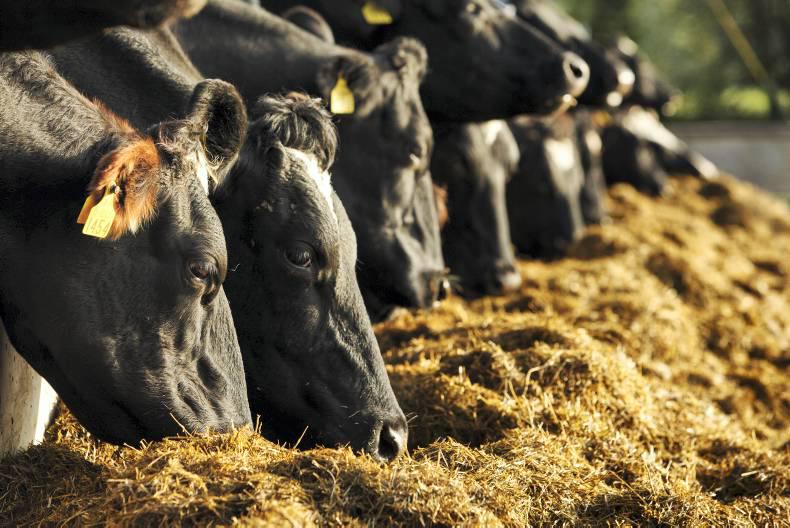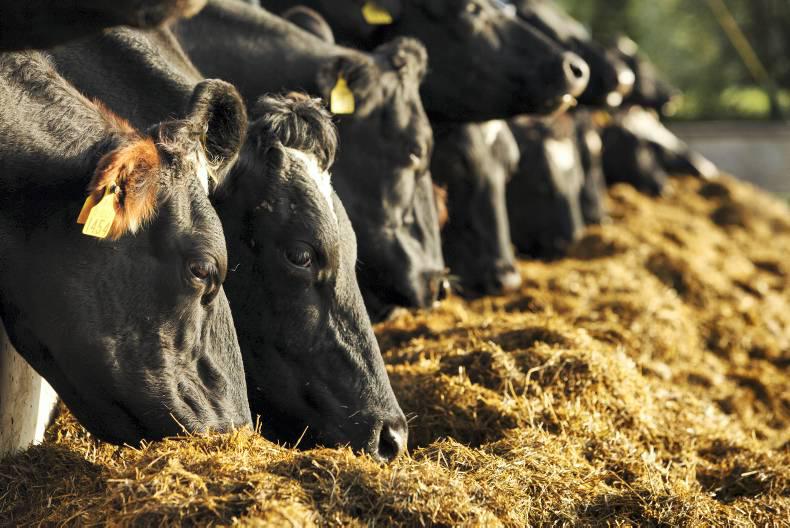Farmers often ask if it's cheaper to make bales or pit silage. The answer depends on the area of silage made and the yield of grass produced. Contractor costs also have to be considered.
Second-cut silage will be getting under way in the coming weeks. Second-cut yields are generally lower than first-cut, which can make bales a cheaper option for some farmers.
There are many farmers with their own baler and wrapper. This can reduce the cost and make baling a more economic option, as they may only have the cost of diesel and wrap to incur. If the machinery used in still on a finance lease, then it obviously becomes more expensive.
But for a fair comparison, assume that the bales will be made by a contractor. At a good silage yield of 8t per acre and bales weighing 900kg, there would be nine bales of silage per acre. At a cost of €12 to mow, bale and wrap, the cost of baling would be €108 to bale one acre of ground.
Cheaper option
In contrast, a contractor charging €100/acre to cut, lift and buck-rake pit silage is a cheaper option. If the silage yield increases, then pit silage becomes even better value.
At lighter yields of 6t to 7t, baling may be a better option and something to possibly consider for the second cut. For instance, at eight bales per acre or less, making pit silage becomes more expensive.
However, making bales should not be ruled out. They offer greater flexibility for winter feeding and when livestock have to be re-housed.
Where finishing cattle are likely to be housed earlier than the main cow herd, it may not be feasible to open the pit for a small number of cattle. Baled silage is the best option here.
High-quality bales can also be targeted to autumn-calving cows to keep them on a consistent feed. This is not always the case with pit silage.
In contrast, many farms are set up for pit silage and don't have the storage area for bales. Disposal of plastic has to be considered also.
Do your sums and then pick the best option for your farm. The assumptions stated are merely based on contractor charges which vary from region to region.
Read more
Silage suffers as wet weather continues
Farmers often ask if it's cheaper to make bales or pit silage. The answer depends on the area of silage made and the yield of grass produced. Contractor costs also have to be considered.
Second-cut silage will be getting under way in the coming weeks. Second-cut yields are generally lower than first-cut, which can make bales a cheaper option for some farmers.
There are many farmers with their own baler and wrapper. This can reduce the cost and make baling a more economic option, as they may only have the cost of diesel and wrap to incur. If the machinery used in still on a finance lease, then it obviously becomes more expensive.
But for a fair comparison, assume that the bales will be made by a contractor. At a good silage yield of 8t per acre and bales weighing 900kg, there would be nine bales of silage per acre. At a cost of €12 to mow, bale and wrap, the cost of baling would be €108 to bale one acre of ground.
Cheaper option
In contrast, a contractor charging €100/acre to cut, lift and buck-rake pit silage is a cheaper option. If the silage yield increases, then pit silage becomes even better value.
At lighter yields of 6t to 7t, baling may be a better option and something to possibly consider for the second cut. For instance, at eight bales per acre or less, making pit silage becomes more expensive.
However, making bales should not be ruled out. They offer greater flexibility for winter feeding and when livestock have to be re-housed.
Where finishing cattle are likely to be housed earlier than the main cow herd, it may not be feasible to open the pit for a small number of cattle. Baled silage is the best option here.
High-quality bales can also be targeted to autumn-calving cows to keep them on a consistent feed. This is not always the case with pit silage.
In contrast, many farms are set up for pit silage and don't have the storage area for bales. Disposal of plastic has to be considered also.
Do your sums and then pick the best option for your farm. The assumptions stated are merely based on contractor charges which vary from region to region.
Read more
Silage suffers as wet weather continues









SHARING OPTIONS